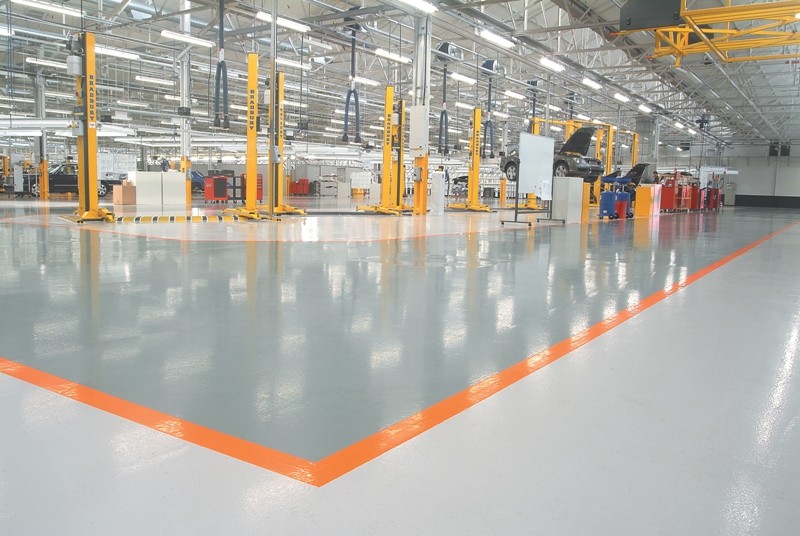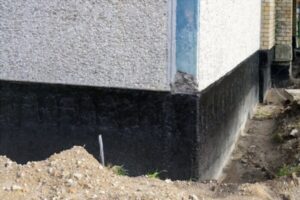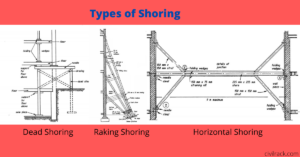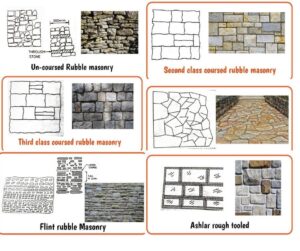Different types of industrial floors
Industrial floors for the optimal development of activities in factories, different actions promote functionality and productivity such as the correct placement of industrial floors, because with these adaptations a streamlined operation can be maintained.
In this sense, an industrial company requires these floors because they are designed to withstand machine movement, rough traffic, all kinds of work, and physical or chemical tests that a floor in normal conditions would not withstand.
By integrating these types of floors for industries, efficiency and higher productivity can be achieved in companies, since the surface is the ideal one to develop manufacturing processes, without having to interrupt activities for repairs.
For this reason, it is essential to invest in construction materials for floors that, through their high quality, guarantee durability, resistance and require little maintenance for better administration and performance of activities in companies.
Building construction: industrial floors?
-
Concrete floors
One of the building materials with the longest tradition is concrete, since it is very resistant and, therefore, functional for floors. Part of the characteristics of the concrete floor is that it leaves a good finish at the end of the project, in addition to maintaining great durability over time and allowing a very low industrial maintenance of the floors.

With a plastic-like appearance, waterproofing, and aseptic characteristics, polyurethane floors are the ideal option for industrial kitchens, cold rooms, pharmaceuticals, among other industrial-type organizations and where proper hygienic control must be carried out.
Likewise, within the types of concrete floors there is the following classification that is assigned according to the finish obtained and its application for specific areas in the company:
Polished: it is bright and has a smooth surface, of great quality. For this reason, it is easy to clean and very resistant to be used in areas where many people travel, such as shopping centers, airports, or schools.
Floating: specially created for spaces where there is high volume traffic, such as warehouse entrances, unloading areas, and more places where heavy loads are used. In the construction industry, this floor is leveled and its surface is uniform for the good performance of the machines.
-
Polyurethane floors
With a plastic-like appearance, waterproofing, and aseptic characteristics, polyurethane floors are the ideal option for industrial kitchens, cold rooms, pharmaceuticals, among other industrial-type organizations and where proper hygienic control must be carried out.
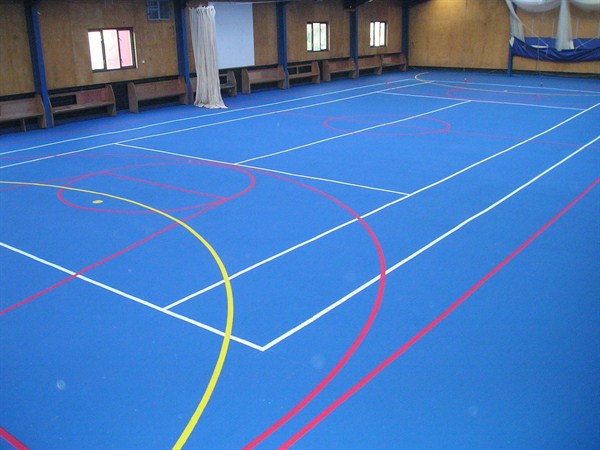
The construction of the floors for an industrial company requires maintaining the concrete finish but adding the polyurethane raw material. Thus, it works as a kind of sealant that protects, has great mechanical resistance, to the transit of heavy loads, to chemical spills, and, in some cases, protection against UV rays, so it can be used outdoors if additives and proper industrial maintenance are carried out.
-
Epoxy floors
For the construction of these floors, the same procedure as with polyurethane floors is maintained, but it is more resistant, moisture repellent, insulating and anticorrosive. It can be applied in various areas and its finish depends on the kind of industry it operates in, for example:

Special orange peel for dry environments where greasy liquids are not used.
Self-leveling to withstand large volumes of human traffic and in aseptic places, such as hospitals and laboratories.
Non-slip multilayers, ideal for industries with constant humidity and the use of greasy fluids.
-
Conductive Industrial floors
In the construction of buildings for companies where electrostatic discharges play a fundamental role, these floors are integrated with an electroconductive material to send the current to an installed ground line, which allows dissipation and control of variations in electrical power, to avoid electricity discharges, economic losses and damage to employees and facilities. It is recommended to use in companies with flammable and explosive materials, operating rooms, etc.

It is important to choose the type of industrial flooring that best suits the needs of your construction and to use the highest quality raw materials such as rods, reinforcing steels, and annealed wire that will serve you in the construction of your industrial floors.
We have exceptional quality in all our products and processes for the construction industry, so choose to build alongside us.

